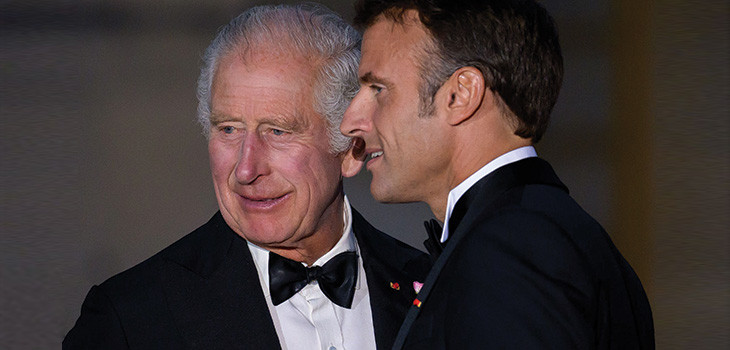
‘The French don’t seem to like us very much,’ remarked one of the King’s suite as the royal train steamed into Paris, and the crowd seemed hostile. ‘Why should they?’ remarked the wiser King. (Ridley, Jane, Bertie, Chatto & Windus, (2012), p 378)
This one exchange sums up the essence of the royal and national relationship of the English and the French over many centuries: indeed, the King’s wish to start changing the mutual antagonism is made the more significant, as the 1903 visit, made on his own initiative, and with only his inner circle cognisant of his real intentions, was the first such visit since 1431!
Again, it is significant, for England had been ruled by a French dynasty since 1066, and then, during the reign of Henry V, had reversed the situation and become Kings of France, a title they held, for real until 1558, and quartered on their shields, and proclaimed





.tmb-mov69x69.jpg?sfvrsn=961ae4db_1)
95ca96e3d47f4eff8d147c4f0df17c77.tmb-mov69x69.png?sfvrsn=3db5d86b_1)

